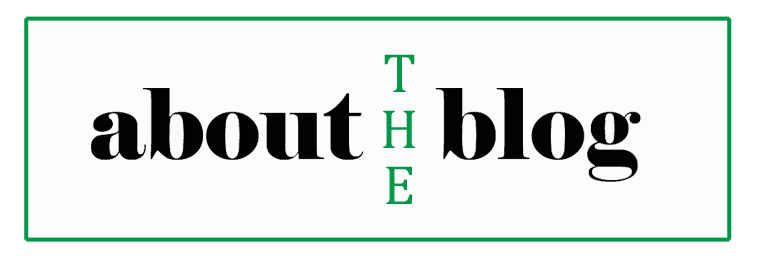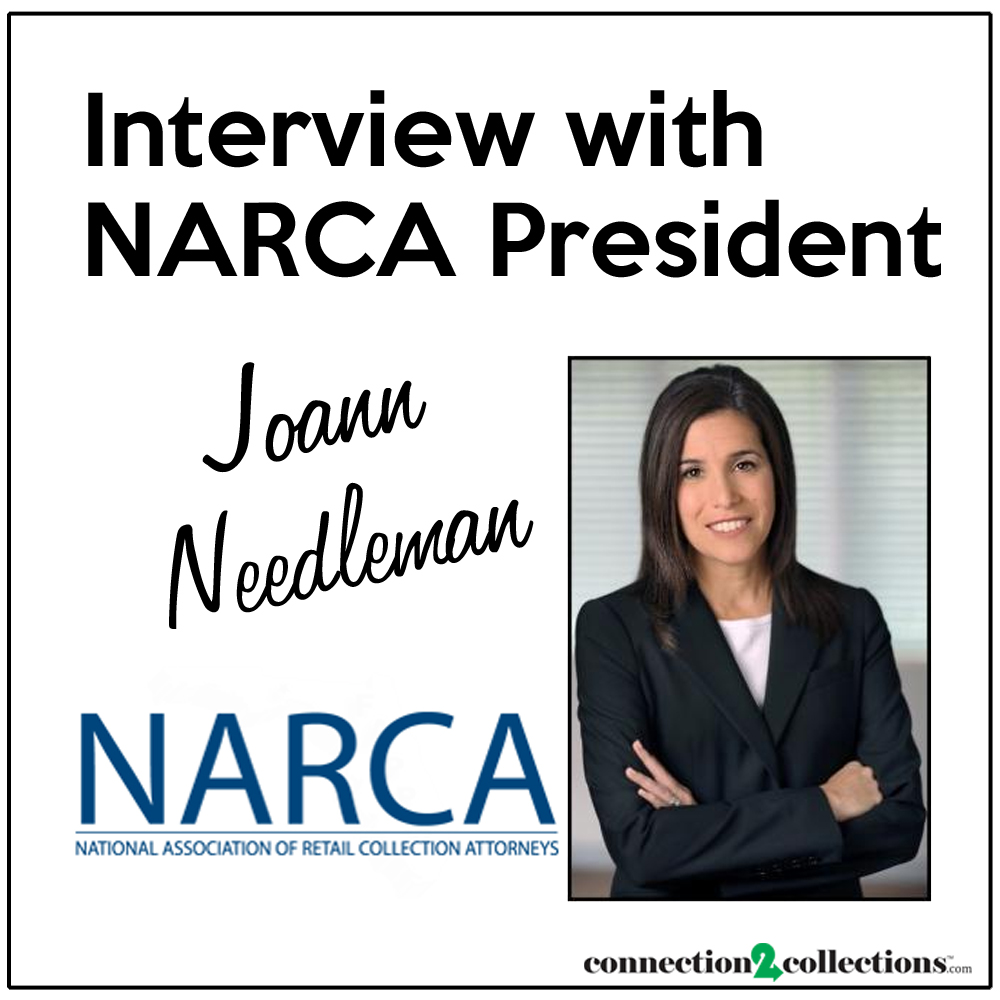
Debt Collection Terminology: Your Complete Guide to Understanding Legal Collection Terms
Walking into a collections environment and not knowing a single term is like arriving in a foreign country without being able to speak the language. Each collection term has legal and financial implications of its own. Hence, using the wrong terminology in this environment can be quite problematic or cause confusion.
Of course, you may already know that someone owes money or that a payment is due. But, that’s barely scratching the surface! Did you know there is an entire science behind how much debt collection agencies pay to acquire debts? Or that we have federal laws governing just about every part of how you can collect payment?
If you’re looking to join the industry or are just curious about what your debt collector friend means when he mentions certain collections terminologies, you’re in the right place. Because today, I’m sharing a round-up of debt collection lingo to help you sound like a pro in no time!
Debt Collection Terminologies You Should Know
From how agencies acquire debts to the federal laws that govern collection practices, terminology plays a crucial role in every step of the process. Below are the terms being tossed around in the debt collection agencies day in and day out. So let’s go through them one by one, shall we?
Credit Agreement
Think of this as the financial equivalent of a “pinky promise” only way more official! It’s the document that lays out all the nitty-gritty about what goes down when a person borrows money or obtains products or services on credit. This terminology covers everything, including how much the interest rate is and the number of days you have to pay.
Accounts Receivables
This particular term is essentially a polite way of saying, “Hey, somebody owes us money!” These are amounts customers owe for goods or services already received. This is pretty much our bread and butter in the land of debt collection. So, when you hear businesses talk about their accounts receivables, they’re talking about all the money that is owed by individuals or other businesses.
Bad Debt
It’s when debts owed have lingered so long that the original company has all but lost hope of ever seeing that money again. This is where debt collection agencies begin to swoop in. They table proposals to buy such outstanding debts from the original creditor, usually for low fees. Oftentimes, the latter is happy to salvage something instead of losing it all.
Token Payments
Have you ever tried to keep a parking meter happy by feeding it one quarter at a time? Token payments are sort of like that they’re really tiny payments that borrowers make just to prove that they’re trying. Though better than nothing, these paltry payments barely chip away at even a small fraction of all debts owed.
Unsecured Creditors
These are the people who lent money or provided services without having been given any collateral in return. Think credit card companies or medical providers. Note that unlike your car loan, where they could go take your vehicle back, unsecured creditors are essentially betting on trust and legal structures to compel the debtor to pay.
Consumer Credit
This is everyday people (you and me) borrowing money for non-business purposes, e.g., credit cards, personal loans, and store credit. It’s not like business loans, and it’s governed by a different set of rules under federal law the Debt Collection Practices Act.
Legal Proceedings
When everything else fails, collection agencies may decide to take legal actions by suing the debtor to court. This is almost a last resort for collecting payment and has its own set of harsh rules and procedures in place.
Credit History
Consider this your financial report card. It’s like a database of all your borrowing behavior and how virtuous you’ve been with returning what you owe. So, when collection agencies look through a debtor’s credit history, they are essentially looking for data patterns to determine how likely someone will pay their debts.
Understanding these terms will help you become a more effective and compliant collection professional.
When it comes to those up-and-coming collectors, the best advice I can give is to familiarize yourself with these terms. Understanding these terms is your first step toward success in this ever-changing market. But guess what? This is just the beginning of your journey!
Want to make sure you don’t miss anything valuable and exciting! Join Connection2Collections, our thriving community of collection professionals who are crushing it in the industry!
Why should you become part of our community? Because you’ll enjoy countless benefits like proven collection methodologies that work, timely compliance updates to keep you ahead of the curve, access to the most current tools and resources for collection success, a community of support from like-minded collection professionals, and much more!
Whether you’re an employee or running your own company, we’ve got everything you need to thrive in the collection industry. So, how could you not take advantage of this opportunity? See you there!




